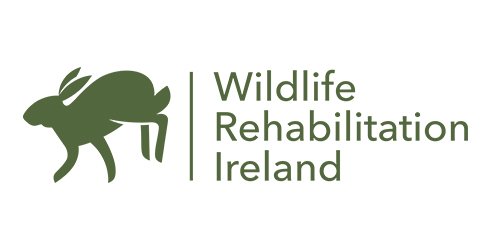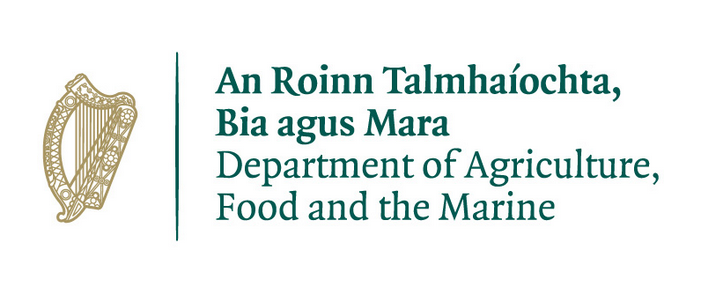Wildlife First Aid Information
Found a casualty and need help?
Find Rehabilitators near you »
Irish Wildlife Matters aims:
- To give useful and easy-to-follow information and instruction to members of the public who find a wildlife casualty
- To provide detailed information to the rehabilitator who will take responsibility for the long-term rehabilitation of the casualty
- To provide a reference tool for veterinary surgeons for the treatment of wildlife casualties
Upcoming Wildlife Events
👉 Book your place now to avoid disappointment! These unique events cater to wildlife enthusiasts, veterinary professionals, and anyone who wants to learn more about wildlife rehabilitation and conservation.
 |
Join our e-newsletter to find out when we announce 2025 events! |
Does it need to be rescued?
Young animals/birds that are seen away from their parents are not necessarily in trouble, especially if they are warm and appear active, healthy, and alert
If you see an animal with obvious injuries or that is cold and limp, it needs to be rescued.
Avian Influenza Information
Avian influenza (Bird Flu) has been confirmed to be currently circulating in wild birds in Ireland. Through the Department of Agriculture Food and the Marine’s (DAFM) avian influenza surveillance programme, the strain confirmed to be currently circulating in Ireland is highly pathogenic avian influenza subtype H5N1 (HPAI H5N1). The disease is highly contagious amongst birds, but the risk of transmission to humans is considered low. However, as with all influenza A viruses, as there is potential for zoonotic spread (spread from animals to humans) it is wise to take appropriate precautions, by avoiding handling sick and dead wild birds suspected of being infected with avian influenza unless trained to do so and wearing full PPE.
Updates on the current avian influenza situation are available on the Department’s dedicated and extremely comprehensive avian influenza webpage www.gov.ie/birdflu
Wildlife Rehabilitation Centres
Biosecurity is the best protection against Avian Influenza
Maintenance of the strictest levels of biosecurity helps to protect birds from many infectious diseases, including avian influenza. The very nature of Wildlife Rehabilitation Centres’ operations, continually admitting animals in need of care, presents challenges to maintaining high biosecurity levels.
Rehabilitation facilities are advised not to allow birds with the following symptoms to enter the facility:
nervous signs (drooping wings, dragging legs, twisting of the head and neck, circling, complete paralysis)
profound weakness, sneezing, coughing, swollen head or wattle, bluish discolouration of head/neck
loss of appetite, excessive thirst, greenish diarrhoea
However, there are certain biosecurity measures that continue to be effective, see DAFM Advice for Wildlife Rehabilitation Centres for more details.
*ANYONE who comes across dead or sick wild birds, should notify the Department of Agriculture, Food and the Marine (DAFM) via their Avian Influenza Hotline: (01) 607 2512 . Out of hours: the National Disease Emergency Hotline on (01) 492 8026
You can also report sick/dead wild birds via the Department’s Avian check app: https://aviancheck.apps.rhos.agriculture.gov.ie/
Stay up to date on the latest news and info by joining our Mailing List!
Our other websites:
REHAB RESOURCE
Resources and educational training events to improve wildlife welfare and rehabilitation

Wildlife Hospital
WRI’s project to build Ireland’s first Wildlife Rehabilitation & Teaching Hospital and Nature Education Centre

Wildlife Crime
Advice on Recognising, Recording & Reporting a wildlife crime or suspicious incident

